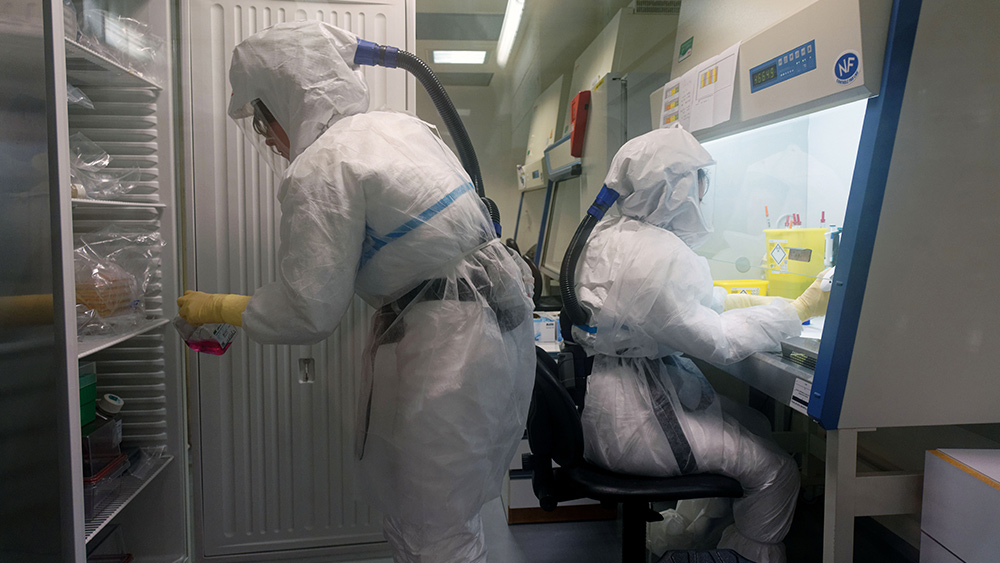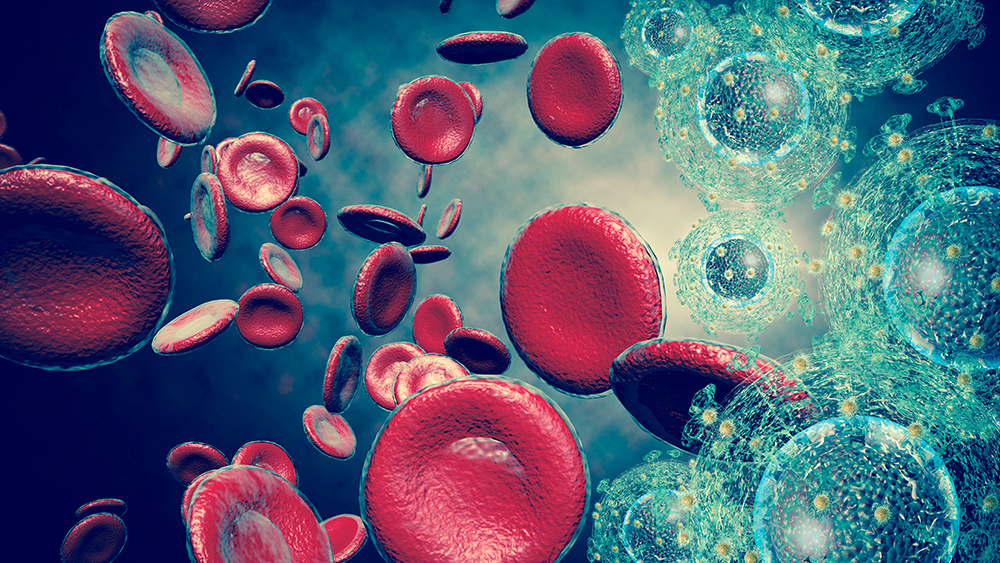Study: HEART ATTACKS are declining among older people but INCREASING in young adults
02/08/2024 / By Laura Harris

Cases of heart attacks among older adults have been declining, but are on the rise among younger adults in the past decade – according to a study.
The paper published November 2019 in the American Journal of Medicine examined more than 2,000 patients admitted for heart attack in two large academic hospitals from the year 2000 to 2016. It found that 20.5 percent of heart attacks occurred in individuals 40 years old or younger. These younger patients faced the same risk of death from subsequent heart attacks, strokes or related conditions as their older counterparts.
The occurrence of cardiovascular problems among those aged 20 to 50 has seen a troubling surge in 2020 and 2021 and contributes to declining life expectancy. However, about half of people under the age of 45 do not know they could be at risk for heart disease. Young adults who had heart problems seemed healthy before their heart attacks, but the truth is that they had at least one of these conditions – high blood pressure, high cholesterol, obesity or diabetes.
Heart attacks, also called myocardial infarctions, happen when the heart muscle does not get enough oxygen due to a blockage in the blood supply to a part of the heart. Younger adults experience the same symptoms as older adults, such as chest pain or discomfort that may spread to the arms, jaw, neck or back, along with shortness of breath, weakness or feeling faint.
Other forms of heart diseases, including cardiomyopathy, irregular heart rhythms and heart failure, are among the heart conditions affecting this younger demographic, and the signs and symptoms mirror those experienced by older adults.
Eugene Yang, chair of the American College of Cardiology’s Prevention of Cardiovascular Diseases Council, said genetic influences may play a role in these heart attacks. However, he stressed that the majority of these cases stem from harmful lifestyle habits that often develop in childhood. Poor food choices, a lack of exercise and substance use further exacerbate the risk of heart attacks.
COVID-19 injections contributed to rise in cardiovascular issues
However, the Wuhan coronavirus (COVID-19) pandemic has added another layer to the issue. Following the rollout of the mRNA COVID-19 vaccines, many young men developed heart disease – in particular myocarditis, the inflammation of the heart muscle.
The Centers for Disease Control and Prevention (CDC) has insisted that cases of myocarditis and pericarditis (heart lining inflammation) in males aged 16 and up are rare, dismissing such claims as “conspiracy theories.” Media personality Dr. Drew Pinsky begged to differ, however.
During an October 2023 appearance on “The Megyn Kelly Show,” Pinsky disclosed a July 2023 study published in Circulation about this matter. According to the paper, 50 percent of young men who developed post-vaccine myocarditis now face permanent damage to their hearts. (Related: Israeli study links COVID-19 vaccines to heart failure in young adults.)
“It’s a large study, and it showed that about half of the young males that got myocarditis had permanent heart damage. That means … we don’t know what percentage are going to be disabled by this as they get older, develop heart failure or are going to need cardiac transplants,” he said.
“It’s breathtaking, this study. And why it wasn’t a big headline … I don’t understand why people aren’t reacting to it.”
Head over to HeartDisease.news for more stories like this.
Watch Del Bigtree and Jefferey Jaxen discuss Pfizer missing the deadline to submit myocarditis data for its COVID-19 vaccine on “The HighWire.”
This video is from the Scriptural Scrutiny channel on Brighteon.com.
More related stories:
Study: COVID-19 vaccines increase risk of heart attack by 127%.
New study confirms link between COVID-19 vaccines and serious heart problems.
Cardiologists sound alarm over COVID vaccines, say more doses mean greater heart risk.
Sources include:
Submit a correction >>
Tagged Under:
biological weapon, covid-19, Drew Pinsky, heart attack, heart damage, heart disease, heart health, myocarditis, pandemic, pericarditis, research, spike protein, vaccine damage, vaccine injury, vaccine wars, vaccines, Wuhan coronavirus
This article may contain statements that reflect the opinion of the author
RECENT NEWS & ARTICLES
COPYRIGHT © 2017 RESEARCH NEWS




















